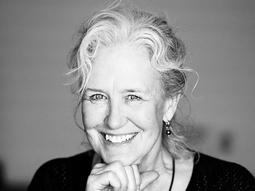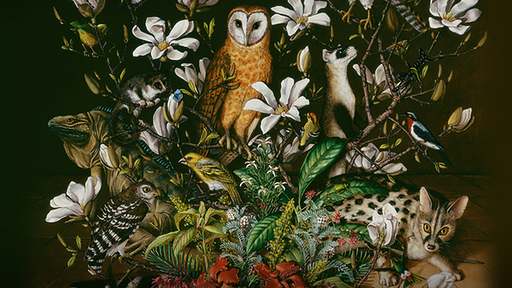Live from TED Countdown Summit 2023
Magnitude: Notes from Session 4 of TED Countdown Summit 2023
To rise to the challenge of climate change, we need big, bold, gigaton-scale solutions. Session 4 of TED Countdown Summit 2023 focused on the clean technologies that need to scale fast — and made space for ideas on radical climate leadership, the use of art for environmental activism and the push for climate-friendly alternatives to […]
Continue reading
